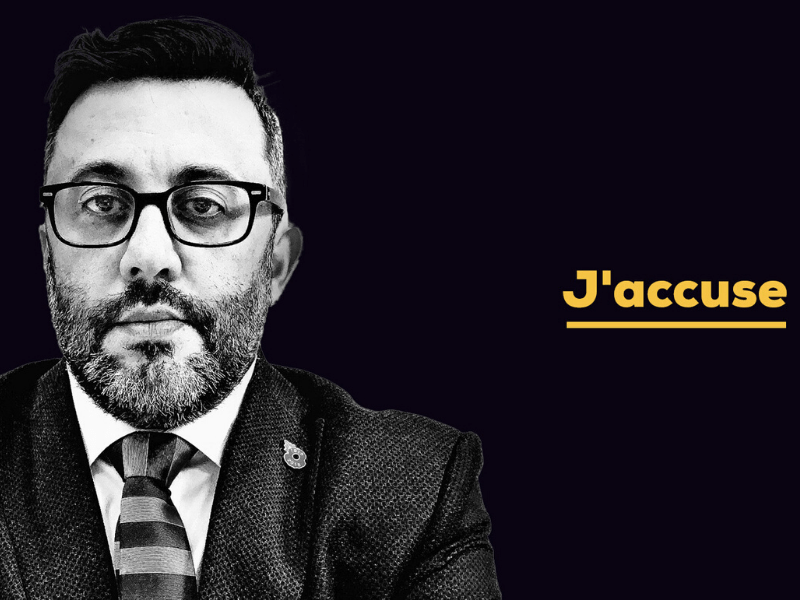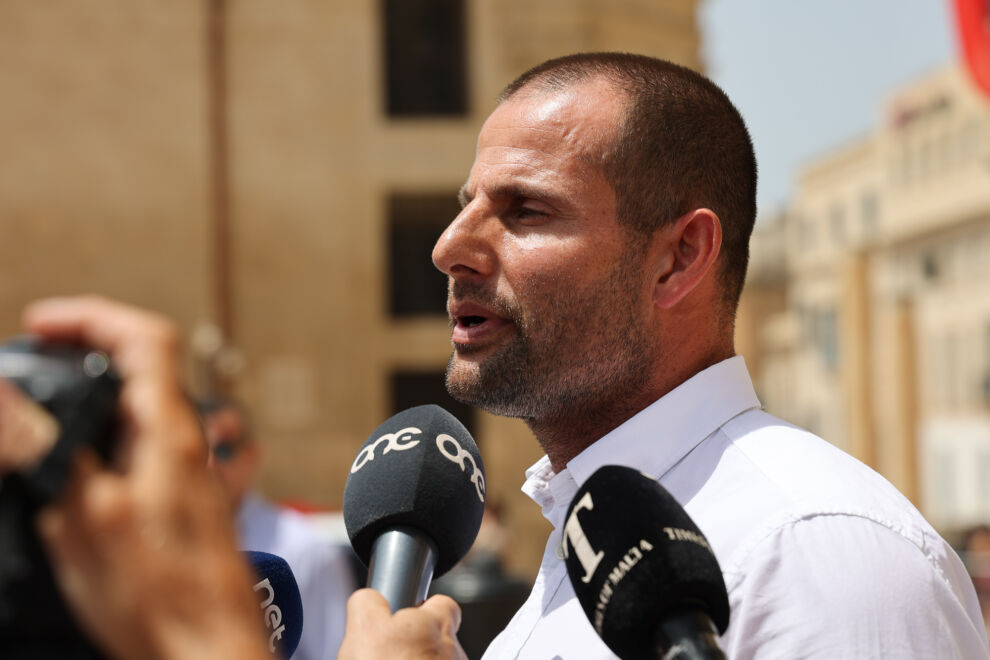I was proud to be among the contributors to the first edition of The Shift. Caroline Muscat’s project kicked off in the shadow of Daphne Caruana Galizia’s assassination, determined to take up the baton in the fight for truth and justice. The third anniversary of the start of this quest for justice has served many to take note of how far we have come from those early steps in 2017.
Caruana Galizia’s assassination marked a turning point in the history of a dying First Republic. Events on 16 October became a catalyst for several elements that had hitherto failed to come together for a variety of reasons.
For a long time, the mechanisms of the State had managed to keep all forces of change in check by hypnotising them with the false security of alternation and maintaining a façade of democratic accountability of sorts.
That all began to change on 16 October 2017. Civil society began to mobilise and, notwithstanding the stops and starts that characterise any Maltese activity, they finally gathered momentum. In my address to the first Civil Society rally two weeks after the assassination, I had said that time had come for the people to remember that they were the ultimate Sovereign.
I had reminded those present that we were there because those who had been entrusted with the Sovereign power by the people had let us all down. The road is long, and change will not happen overnight, I had said, because we still had to convince many people of the change that was necessary for us and for future generations.
That was the key. Persuasion. The battles fought over the last three years were an exacerbation of battles fought by the few earlier, before the precipitation of events.
Much of those battles have involved convincing and attempting to sway public opinion and there is a reason for that. Our understanding of democracy has been limited to the perception that a working democracy is simply the crystallisation of public opinion.
In the age of fake news and the illusion of empowerment through social media the rise and rise of ‘public opinion’ has contributed to the erosion of a functioning democracy. This is probably the most ironic development in the early 21st century.
Who needs experts when the public opinion is there to decide for us? Who, in their right mind, will consult scientists or experts when a quick opinion poll could give us the answers that we need?
Our own nation has been run to the ground with the use of this seemingly infallible premise that it is the will of the people that has decided.
Make no mistake about the fact that behind the corrupt web of dealings concocted by disgraced former Prime Minister Joseph Muscat and his Cabinet lay the reassurance of landslide victories in public plebiscites.
It is still true today.
Robert Abela the Incompetent tries to play the public with his appeals to populistic positions combined with propaganda for the masses. His dealing with the pandemic could not have a worse score and yet he insists on strutting around sans mask safe in the knowledge that the ‘public opinion’ at large is (in all probability) still on his side.
The arrogance with which this ‘public opinion’ shield is yielded knows no bounds. Journalists, who should be the first front that questions the actions of those entrusted with power, have been cut out of the picture.
The third anniversary commemorations have also served to remind us how the accountability of government before the public is non-existent. Abela speaks almost exclusively to the Labour in-crowd, confining most of his addresses to his Party’s propaganda stations.
Monday morning’s news included a reaction by beleaguered Justice Minister Edward Zammit Lewis to the Venice Commission criticism that accused him of lacking consultation when introducing important constitutional reforms. In a timely vindication of my theory this week, Zammit Lewis retorted that “personal opinions expressed on social media and blogs were taken into account at decision stage”.
There are so many levels on which this is wrong.
A Minister of the Republic, a justice minister to boot, is now on record saying that public consultation for crucial constitutional reforms consists of a cursory scan of online media and taking note of opinions on social media.
Without even venturing into the question of which social media accounts the government must hack to get feedback (if it does even actually go through the motions), we have confirmation, if any was needed, of the perverted interpretation of constitutional representative democracy used by our Justice Minister.
Consider that this minister’s propaganda spin is all about how he is pioneering crucial reforms that waited for so long. Yes, this Minister thinks himself to be an Adrian Dingli of the 21st century. He cannot grasp the basics of how representative democracy should work.
When he is not mourning the departure from politics of his bosom travel buddy disgraced Muscat, and when he is not sending Whatsapp messages to murder suspects (in good faith), I recommend he should get back to his law notes and learn a thing or two about how the rule of law works. It’s definitely not by public opinion.
Where does this leave us?
It leaves us with a determination to continue building an awareness of the many faults and cracks that exist in the system.
It leaves us with an inexorable need to uncover the truth even if nowadays the truth and lies are often confused.
It leaves us with the need to adopt new tools of persuasion in the face of new adversities.
The crooks may still be out there, but with a strong civil society working together for truth and justice the situation might only just start to be less desperate.












